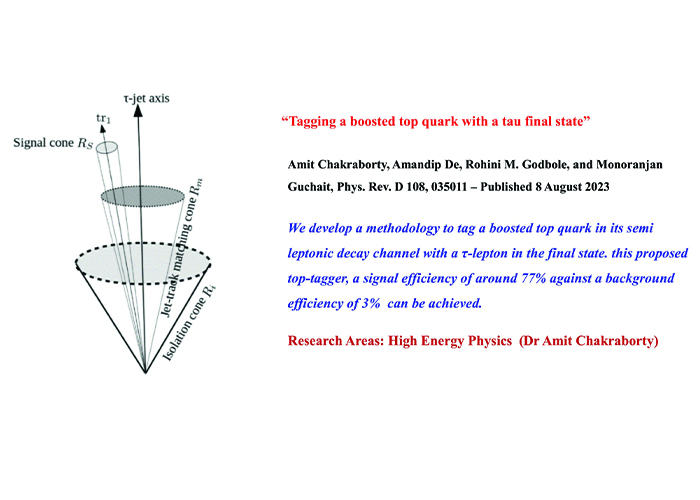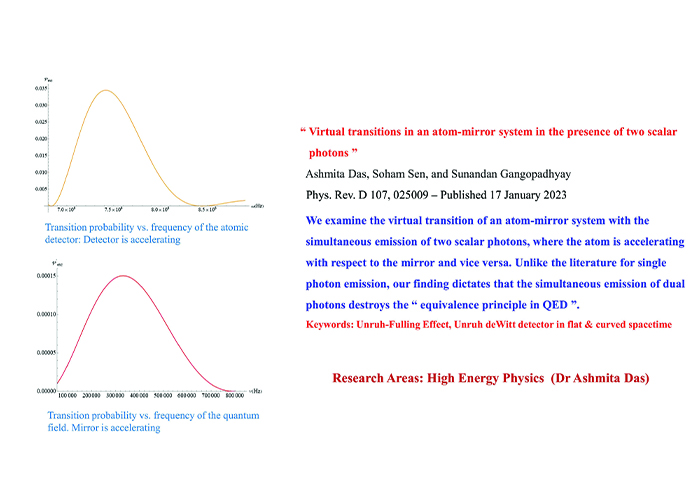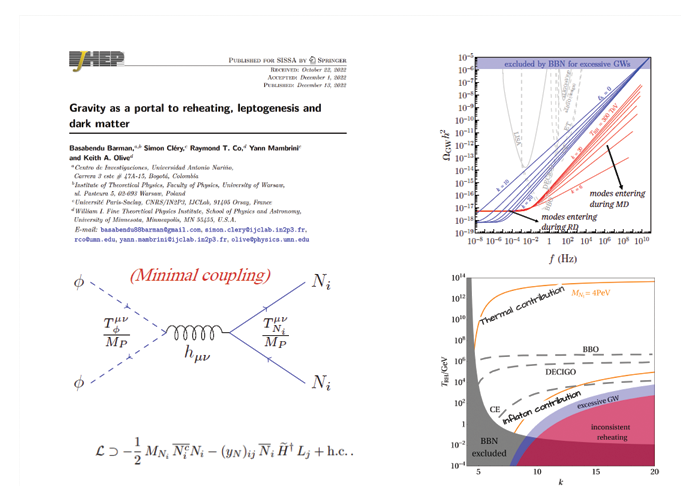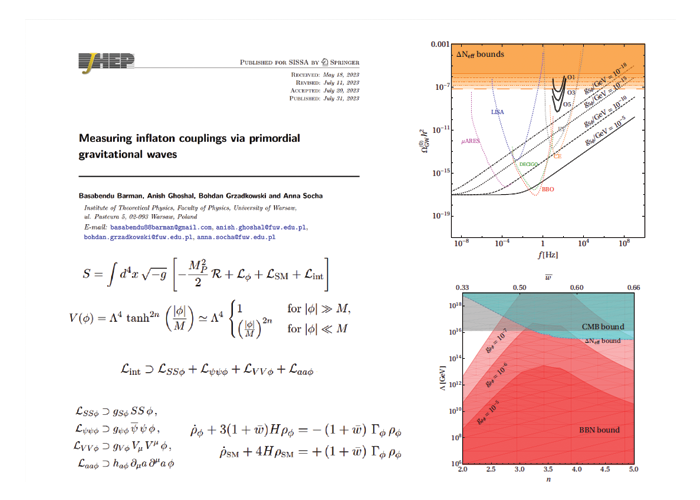SEAS
Department of Physics
Advanced Materials and Device Physics
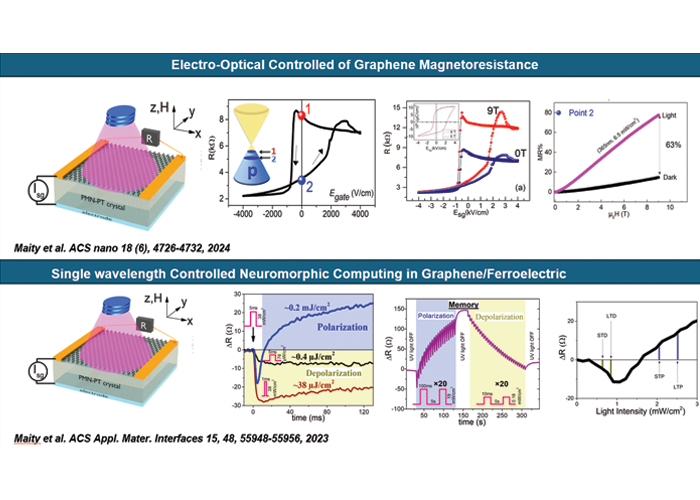
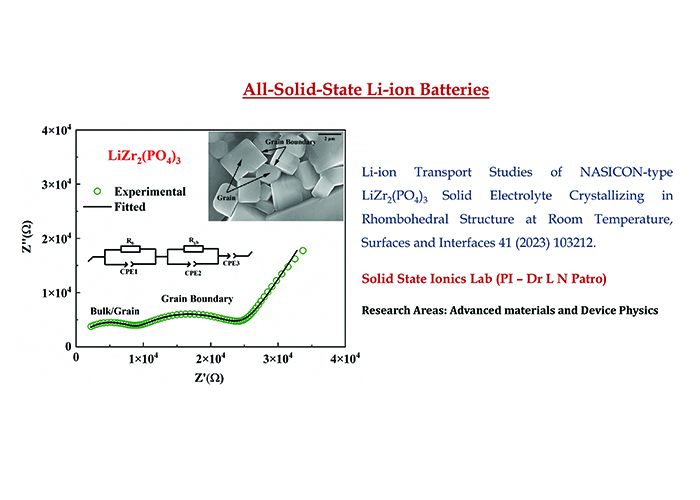
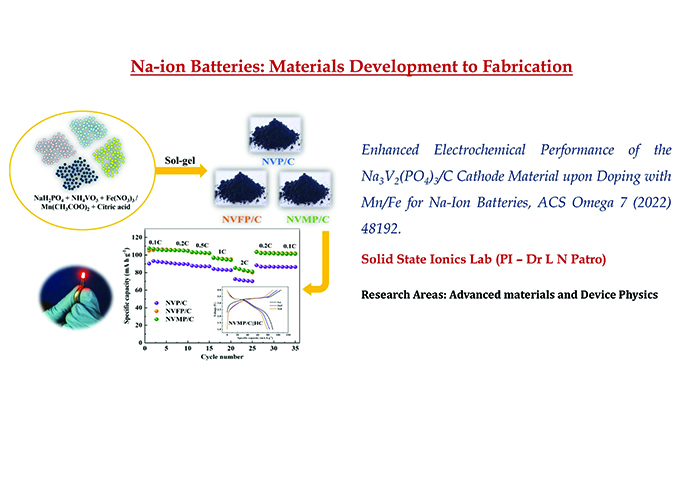
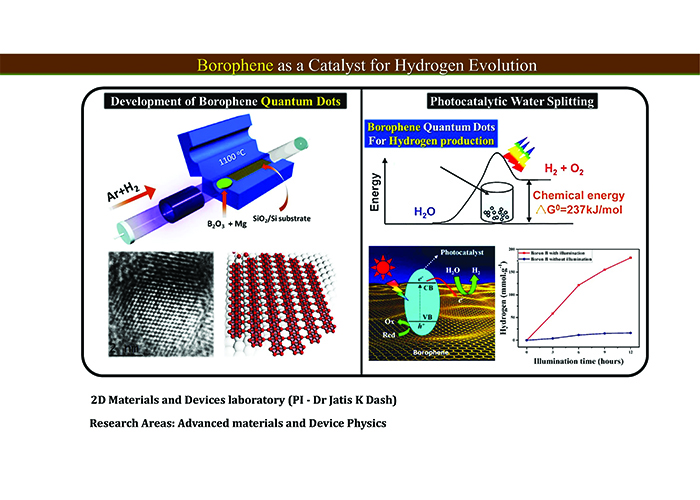
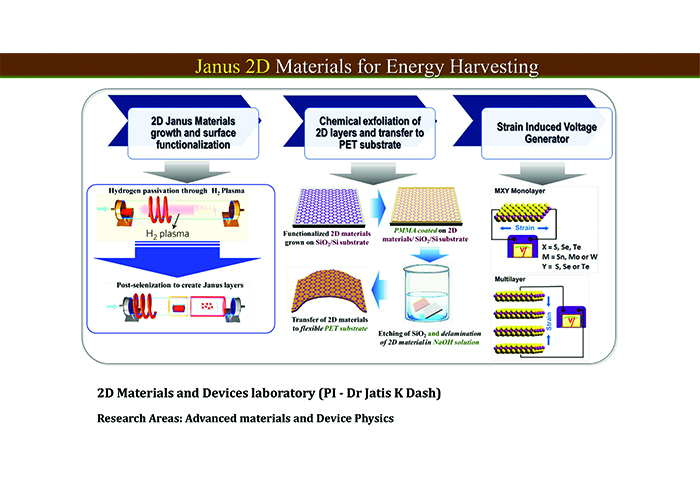
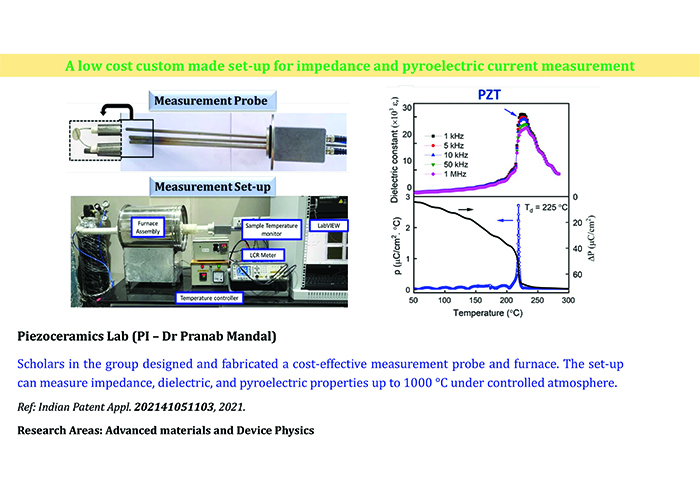
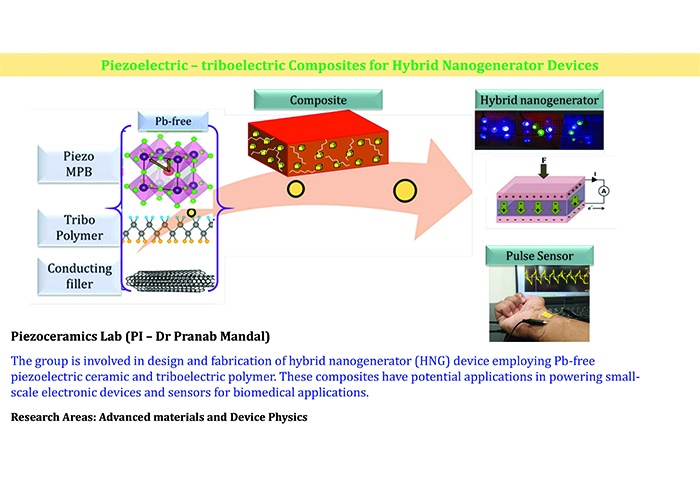
- Electron Transport across Multi-dimensional Molecular Junctions
- Pb-free piezoceramics based flexible hybrid nanogenerator and sensing devices
- Fabrication of 2D Materials for Energy and Electronic Applications
- Development of solid electrolytes for all-solid-state Na and F-ion batteries
- CO2 reduction into useful fuels via photocatalytic process
- Interfacial Interaction at solid/liquid phase boundary to develop smart surfaces
- Low temperature Charge Transport
- 2D Ferroelectric and Ferromagnet
- Neuromorphic computing
- Conducting Polymers
Laser Physics and Photonics
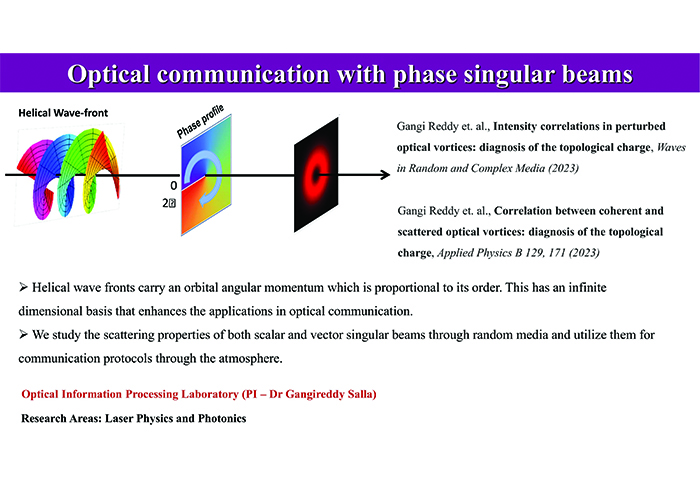
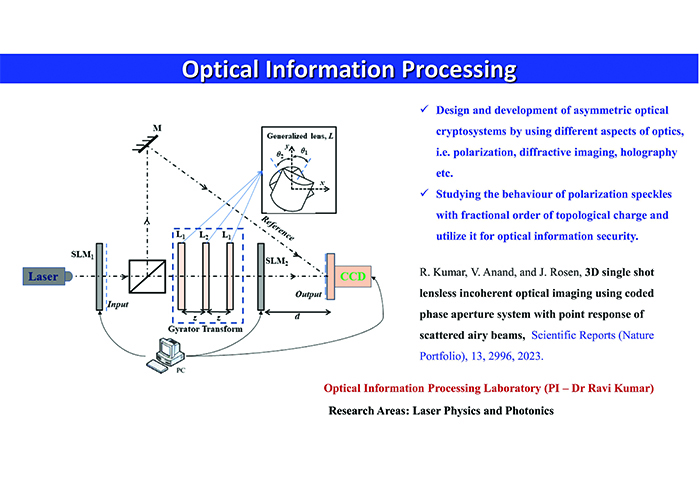
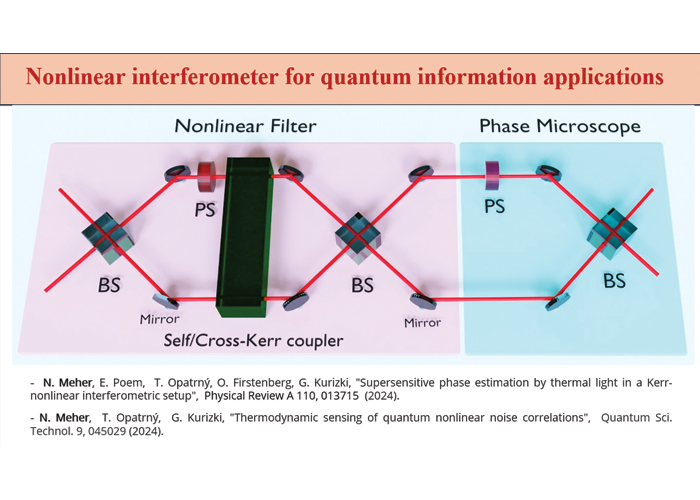
Group Members
- Optical Communication using Structured Light Beams
- Computational Imaging
- Optical Information Processing
- Magnetically Field Tunable Optical Properties of multiferroic materials
- Polarization and Partially Coherent Optics
- Quantum sensing
- Quantum information processing
High Energy Physics
- Theoretical particle physics, beyond the Standard Model
- Collider phenomenology, Machine learning
- Dark Matter physics, early Universe Cosmology
- Effective (field) theories for a connection between particle, nuclear and atomic physics
- Semiclassical gravity, black hole physics
- Unruh effect, relativistic quantum information
Computational Materials and Soft Matter Physics
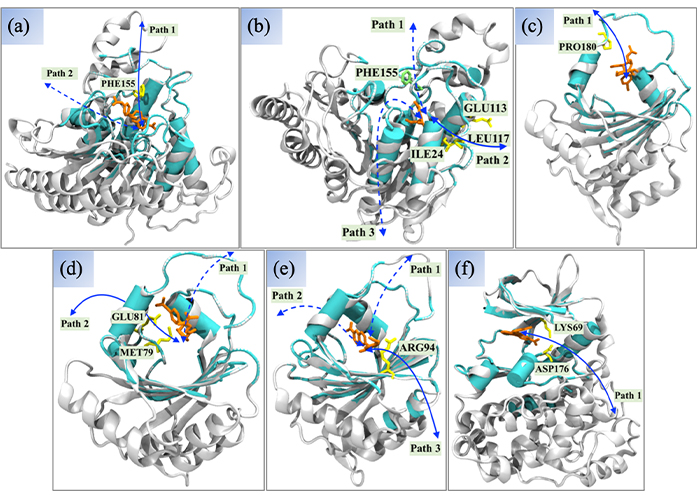
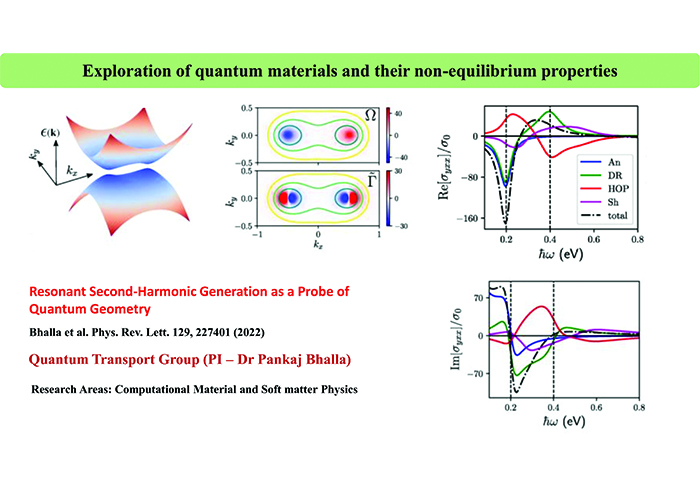
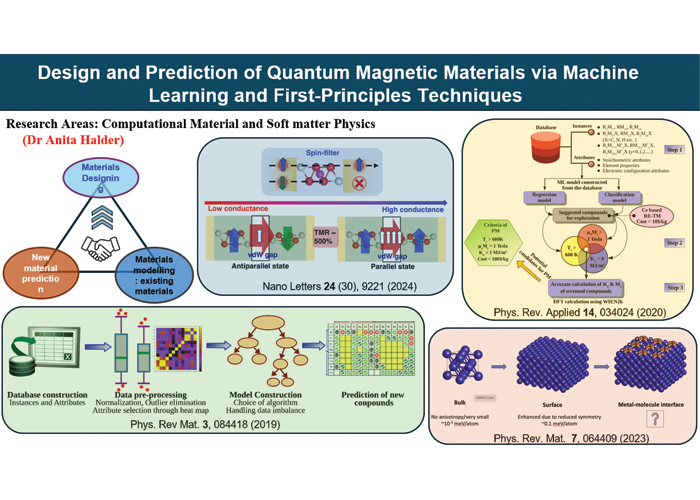
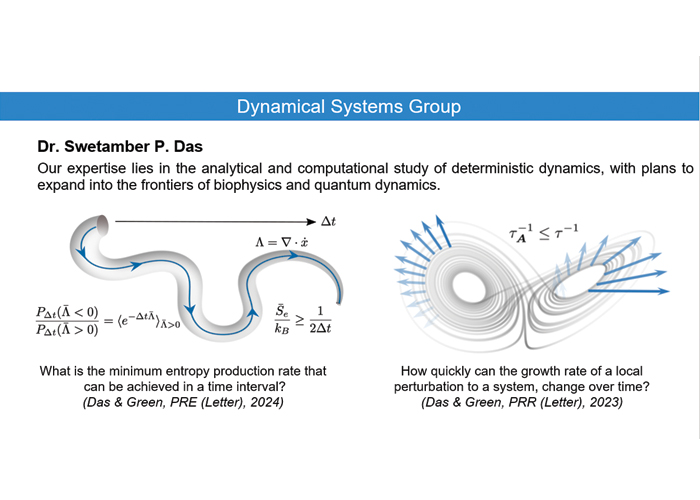
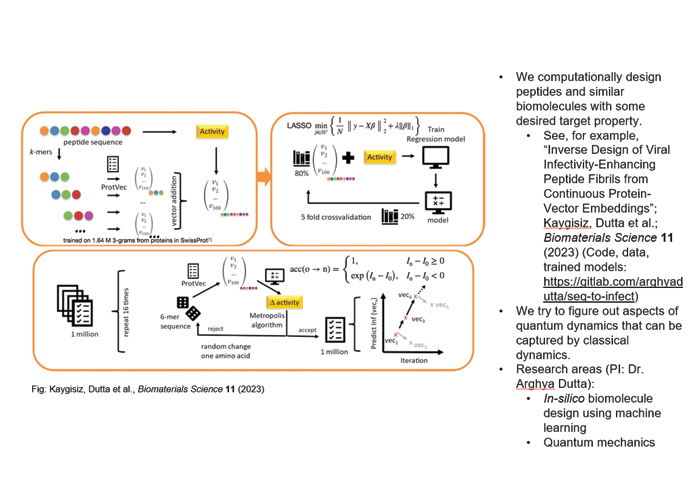
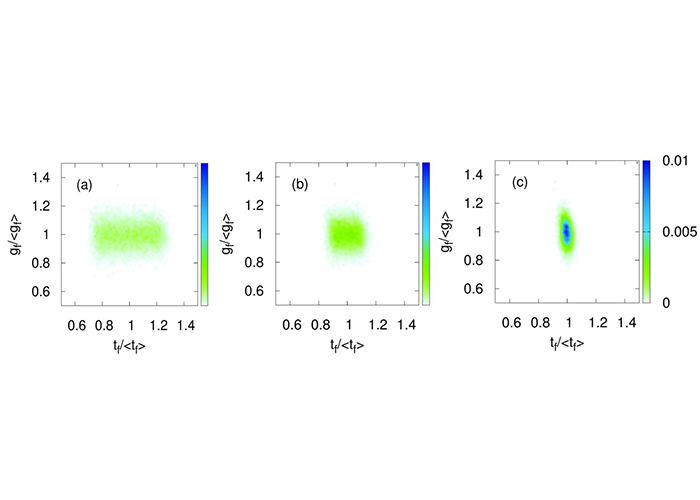
- Theory of Catalysis: Quantum mechanics and Machine Learning
- Statistical physics of fracture of disordered materials; Complex systems: socio & econophysics
- Soft matter and biophysics, rare event sampling
- Topological quantum materials, transport/ optical properties of 2D materials
- Machine learning-assisted discovery of materials with targeted properties
- Quantum transport in magnetic materials for spintronics applications
- Materials modelling using ab initio calculations
- Chaos
- Classical Speed Limits
- Dynamic Self-Assembly
- Data-driven in-silico biomolecule design
- Quantum and classical dynamical systems


